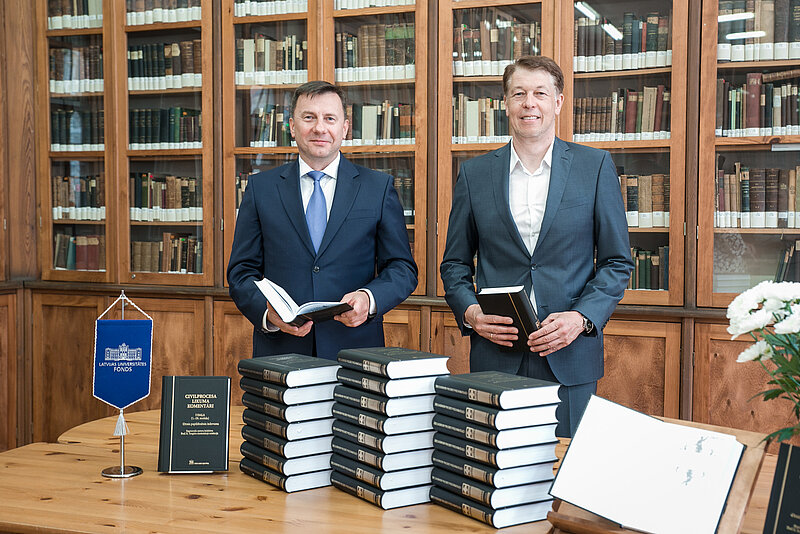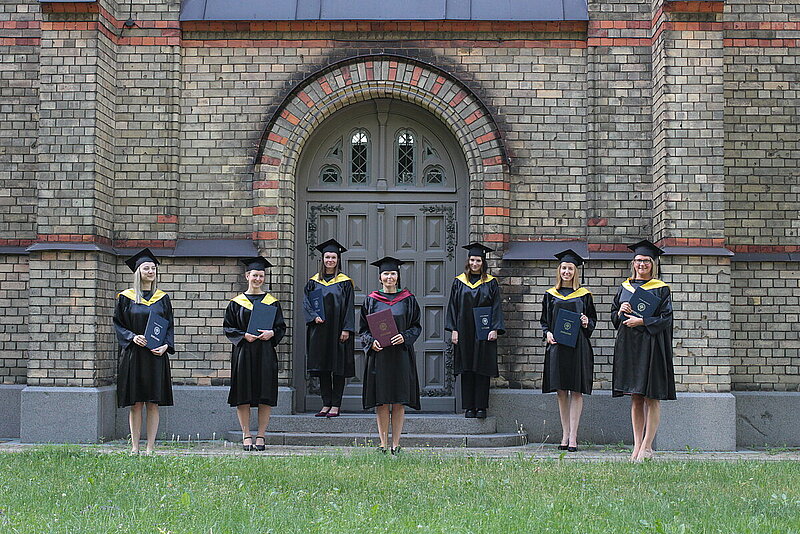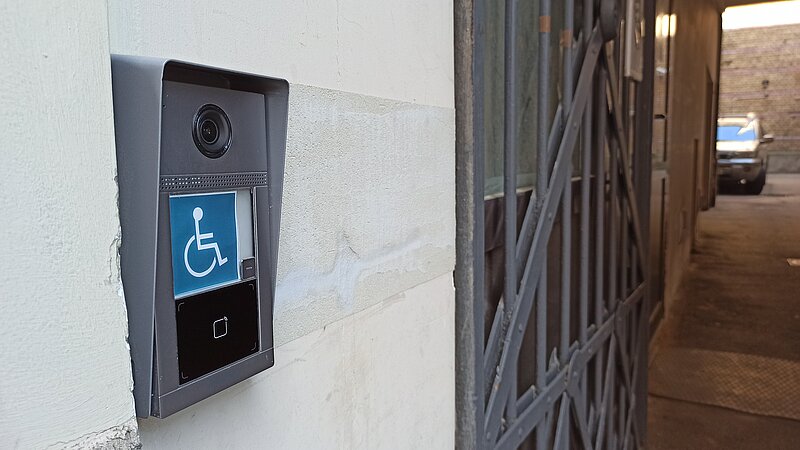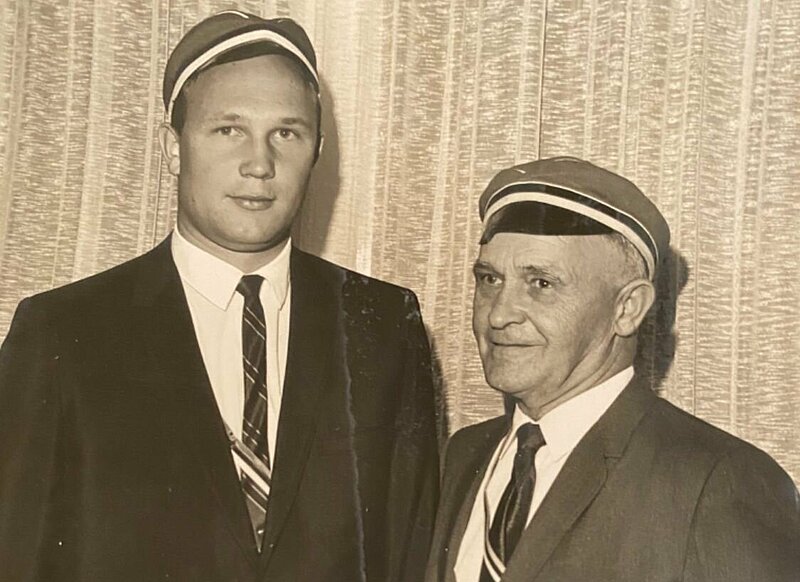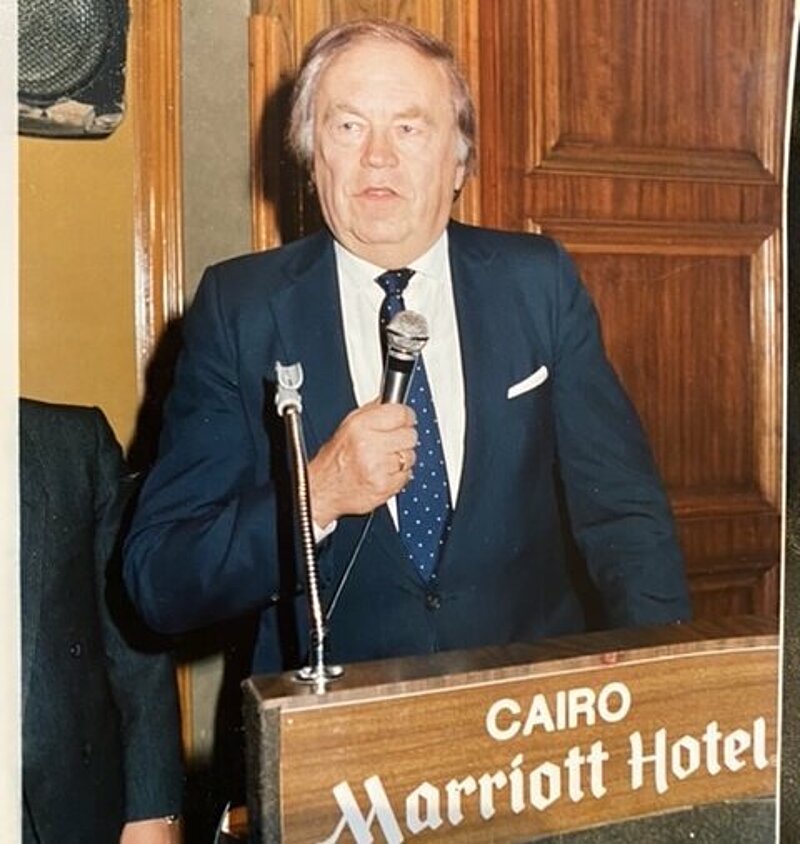Ziņa

Within the framework of the project “Annealing oven for the development of new nanometer size sensors and devices” and with the support of SIA "Mikrotīkls" and the University of Latvia (UL) Foundation, the Laser Center (LC) of the Faculty of Physics, Mathematics and Optometry and the Institute of Chemical Physics (ICP) of the University of Latvia will receive new annealing oven with the necessary accessories worth 3882.57 EUR, which will be used to create nanometer-sized sensors and sensor arrays.
Ovens for heating samples under vacuum and in a controlled gas atmosphere have a very wide range of applications. For example, heating aluminum increases the size of the crystalline granules, which allows large and uniform porous alumina coatings and good ordering in successive processing processes. ICP UL is the first in the world to develop a technology for the application of colloidal nanoparticle arrays using anodized alumina molds, as well as to demonstrate the use of the obtained nanoparticle arrays for the formation of optical sensors. Similar ovens are used at the ICP UL for the synthesis of semiconductors and other materials in nanowires, aluminum annealing and development of other technological processes. Heating cycles can last ten hours or more. To optimize the synthesis parameters, it is necessary to process a large number of samples, so the purchase of a new oven will increase the speed of research work.
For almost ten years, the LC UL has been investing resources in areas related to the development of magnetic field detection equipment. One of the actively developed directions is the detection of a magnetic field using nitrogen vacancy (NV) centers in a diamond crystal. This direction of research allows to detect a magnetic field with excellent spatial resolution. At the same time, research based on these color centers allows the development of very compact magnetic field measuring devices. The creation and control of the properties of these diamond crystals is becoming increasingly important in the development of sensors on a global scale as well. One of the relatively easy-to-control but property-defining steps of sensor development is the annealing of crystals, which, thanks to this project, LC will now be able to do independently with the ICP , thus fully controlling the parameters and quality of this step.
LC diamond crystals have been studied in the form of both macroscopic crystals (a few millimeters in size) and nanocrystals (a few nanometers in size). Macroscopic crystals are used in applications of quantum magnetic microscopy, which is used to study magnetic fields generated by microscopic sources. For example, paramagnetic crystals generated by plasmodia are currently being studied using a quantum magnetic microscope, which could potentially improve the timely and non-invasive detection of malaria. Diamond nanocrystals, on the other hand, have great potential to be nanometer-sized probes that can monitor magnetic field, temperature, or pressure even inside living cells.
With the implementation of the project “Annealing oven for the development of new nanometer size sensors and devices” UL acquires scientific growth in the form of high-quality scientific research, which is the basis for science-based higher education, as well as the financial driving force for science at UL. The project provides a direct contribution to the training of young specialists at the bachelor's, master's and doctoral study levels, as well as opens wide opportunities for postdoctoral students and already experienced researchers, thus increasing competitiveness.
________________
About the University of Latvia Foundation
Since 2004, the University of Latvia Foundation has provided an opportunity for patrons and cooperation partners to support both the University of Latvia and other leading Latvian higher education institutions, thus investing in the future of Latvia. The priorities of the LU Foundation are to support the best students and researchers, to promote the creation of a modern study environment, as well as the construction and reconstruction of university buildings.
About the Faculty of Physics, Mathematics and Optometry
The Faculty of Physics, Mathematics and Optometry of the University of Latvia is an academic structural unit of the University of Latvia, established for the organization of academic activities in the fields of physics and astronomy and mathematics.
About the Institute of Chemical Physics
The Institute of Chemical Physics unites scientists for interdisciplinary research in physics and chemistry and cooperation with industrial companies, developing new technologies and promoting their transfer to the national economy. The Institute consists of six research laboratories. The Department of Nanotechnology includes the Laboratory of Nanomaterials, the Laboratory of Quantum Chemistry and the Laboratory of Nanooptics. The Radiation Chemistry Laboratory, the Electron Accelerator Laboratory and the Secondary Standard Dosimetry Laboratory operate in the Radiation Processes Division.

 CONFERENCE
CONFERENCE